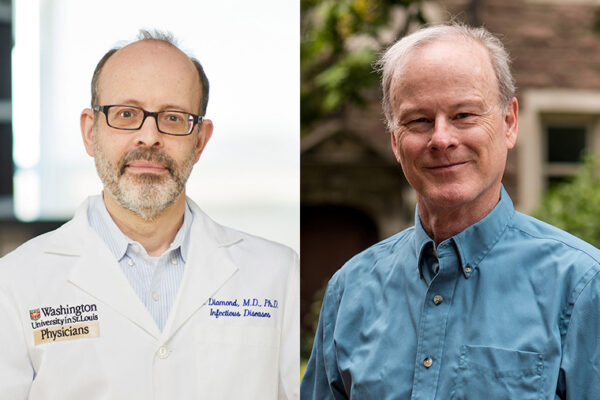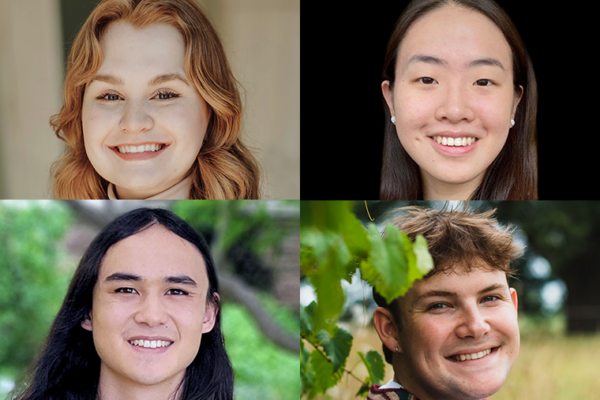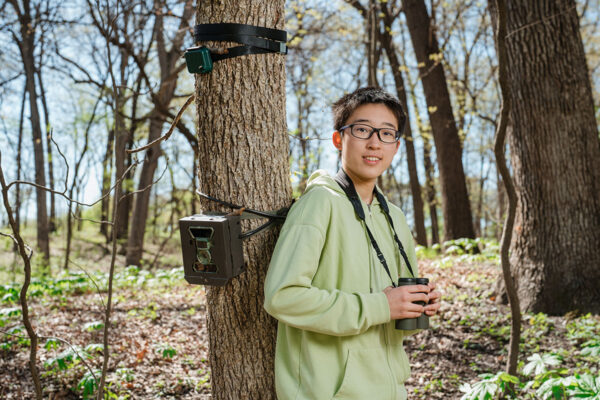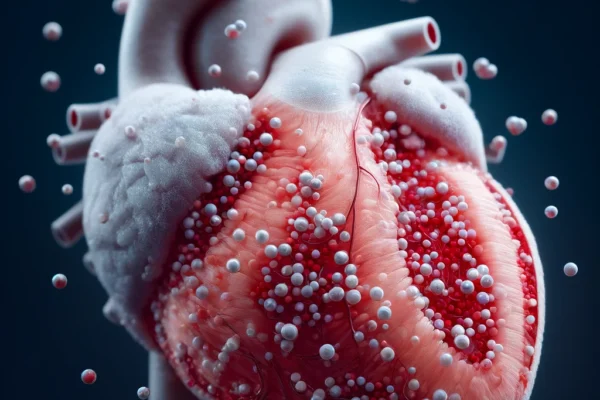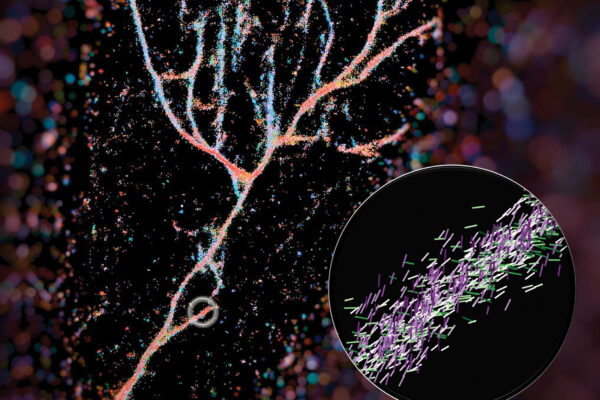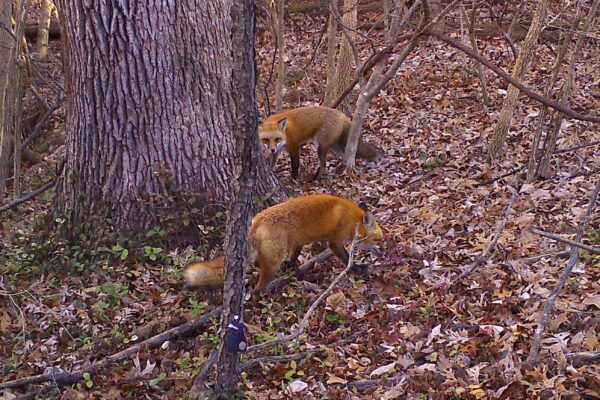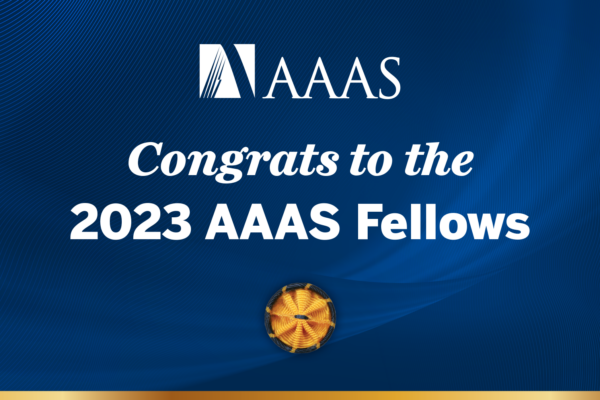New machine learning method can better predict spine surgery outcomes
Researchers at Washington University in St. Louis combine artificial intelligence and mobile health data to better predict recovery from lumbar spine surgery.
Chemo for glioblastoma enhanced by tapping into cell’s daily rhythms
A study from biologists and clinicians at Washington University in St. Louis reports that glioblastoma cells have built-in circadian rhythms that create better times of day for treatment.
Diamond, Queller elected to National Academy of Sciences
Washington University’s new National Academy of Sciences members are Michael S. Diamond, MD, PhD, the Herbert S. Gasser Professor of Medicine at the School of Medicine, and David C. Queller, the Spencer T. Olin Professor of Biology in Arts & Sciences.
Biology students win annual awards
Undergraduates Hannah Davis, Shelei Pan, Braxton Sizemore and Shan Wang were honored by the Department of Biology in Arts & Sciences at Washington University in St. Louis.
Biologists study trade-offs of microscopic predators
Being a predator has its own costs, and that’s as true for amoebae as it is for lions or wolves. Graduate student P.M. Shreenidhi joined David Queller and other Art & Sciences researchers to study the predatory nature of a particular soil-dwelling amoeba.
Class Acts: Yunfeng Ge
Yunfeng Ge is an avid bird and nature lover. Her extensive research and volunteer work has prepared her for life after graduation. She plans to pursue conservation work and eventually attend graduate school to study ecology.
Smart nanoparticles may be able to deliver drugs to heart after heart attack
Jianjun Guan, a materials scientist in the McKelvey School of Engineering at Washington University in St. Louis, received a four-year more than $2 million grant from the National Institutes of Health (NIH) to design a system of nanoparticles that deliver drugs after a heart attack much more effectively than current methods allow.
Imaging technique shows new details of peptide structures
In a paper published in ACS Nano, researchers at Washington University in St. Louis outline how they used a chemical probe to light up interlocking peptides. Their technique will help scientists differentiate synthetic peptides from toxic types found in Alzheimer’s disease.
How gentrification impacts urban wildlife populations
Researchers from Washington University in St. Louis and University of Health Sciences and Pharmacy in St. Louis contributed to a national study that identifies how gentrified parts of a city have notably more urban wildlife than ungentrified parts of the same city.
Nine WashU faculty elected to AAAS
Nine faculty members at Washington University in St. Louis are among the 502 new fellows selected by the American Association for the Advancement of Science, one of the most distinct honors in the scientific community.
Older Stories


